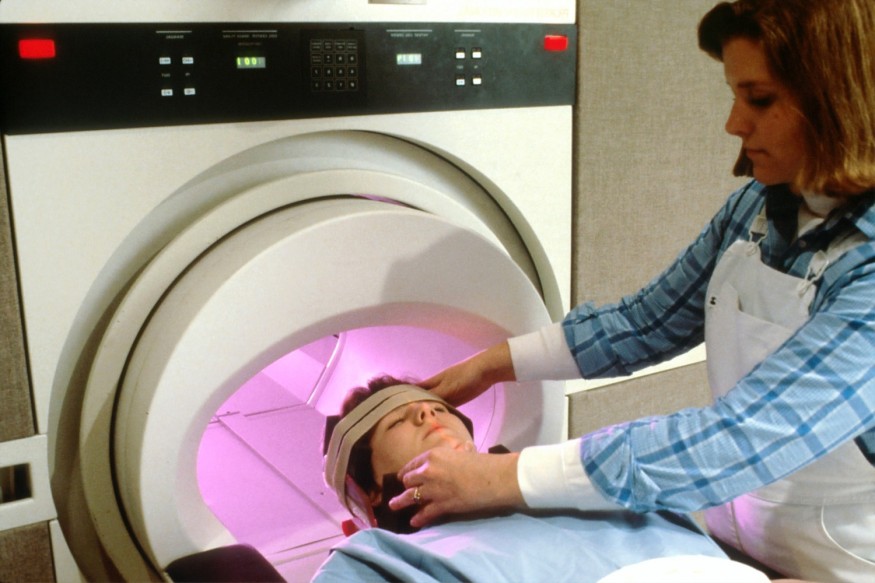According to a study, blood tests performed the day after a traumatic brain injury (TBI) can help clinicians decide earlier on possible TBI treatments by identifying which patients are most likely to die or survive with severe disabilities.

Early Blood Test Experiment
Traumatic brain injury, also known as TBI, is an injury that alters how the brain functions, according to the Centers for Disease Control and Prevention. In the US, TBI is a leading cause of death and disability.
Nearly 1,700 patients with TBI had blood tests done the day of their injuries, which researchers from Michigan Medicine, the University of California San Francisco, and the University of Pennsylvania examined. The results were published in The Lancet Neurology. Based on the research, higher levels of the protein biomarkers UCH-L1 and GFAP are linked to serious injury and death.
The i-STAT Alinity and the ARCHITECT from Abbott Laboratories were used to measure the proteins. The Glasgow Outcome Scale-Extended, a system that rates the functional status of TBI patients, was used to compare the results to assessments carried out six months after the injury.
Research Findings on Early Blood Test Experiment
Researchers discovered that people with GFAP values in the top 20th percentile had 23 times higher risk of dying over the course of the next six months than people with values in the bottom 20th percentile. Likewise, those with UCH-L1 values in the top 20th percentile had 63 times higher risk of dying over the course of the next six months than those with values in the bottom 20th percentile.
According to EurekAlert, researchers say more research is necessary to fully understand the method's function in mild TBI cases, despite the method's promise to predict poor outcomes in moderate and severe TBI.
According to the study's first author Frederick Korley, M.D., Ph.D., an associate professor of emergency medicine at the University of Michigan Medical School, the TRACK-TBI team is preparing a clinical trial to test the effectiveness of potential therapeutic agents that could hasten the recovery of patients with traumatic brain injuries. According to him, the biomarkers will be employed as an objective method for picking the appropriate patients to enroll in the clinical trial. The biomarkers will also be used to track each patient's response to the promising treatments.
Read also: Brain Injury Awareness Month: Neuropsychologist Offers Tips for Parents of Student-Athletes
Significance of Early Blood Test on Patient's Survival
According to Korley, this is the first study to look at the relationship between these two proteins' biomarker levels and all-cause mortality after TBI.
He also said that clinicians could better assess the severity of a brain injury and counsel families on how to care for their loved ones with brain injuries and what to expect from their recovery with the aid of early and accurate prediction of TBI outcomes.
Additionally, it will enable researchers to choose which TBI patients will receive promising TBI therapeutics more precisely.
The use of GFAP and UCH-L1 was approved by the U.S. Food and Drug Administration in 2018 to assist clinicians in determining whether to order CT scans for mild traumatic brain injury.
According to co-senior author Geoffrey Manley, M.D., Ph.D., professor and vice chair of neurosurgery at UCSF, modern trauma care can produce positive outcomes in cases of injuries previously thought to be fatal. The blood tests are cheap, simple to use, safe, and diagnostic and prognostic.
Check out more news and information on Blood Tests in Science Times.












